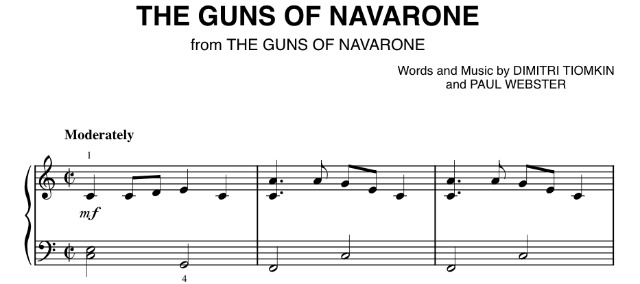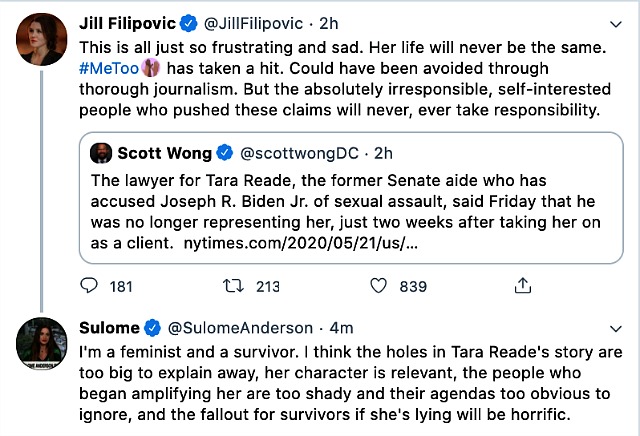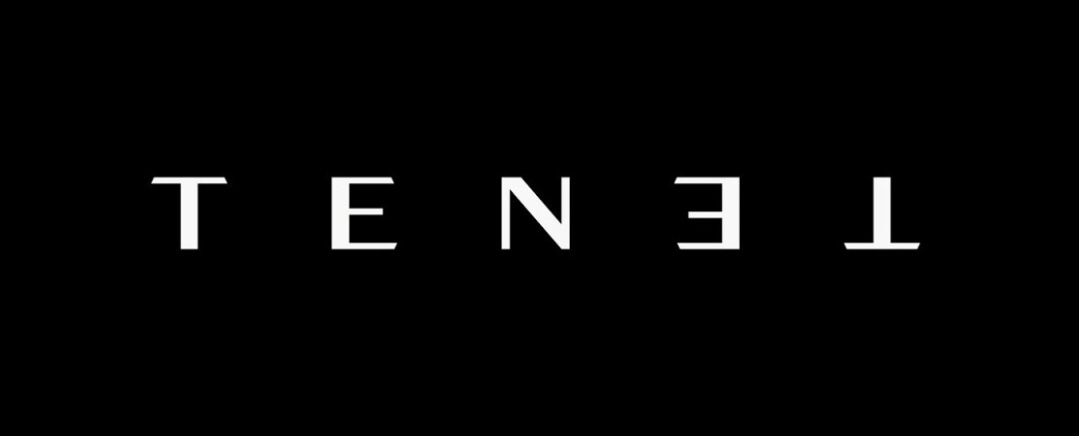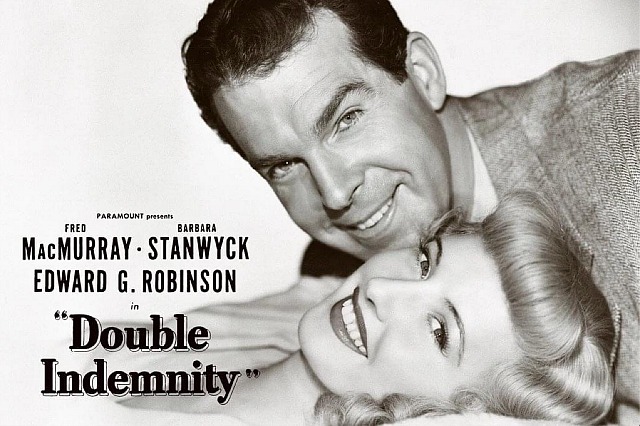Jordan Ruimy’s latest critic and filmmaker poll focuses on the best of the aughts. The top ten are (1) Mulholland Drive (David Lynch), (2) There Will Be Blood (Paul Thomas Anderson), (3) Zodiac (David Fincher), (4) In the Mood For Love (Wong Kar-Wai), (5) No Country For Old Men (Joel & Ethan Coen), (6) Children of Men (Alfonso Cuaron), (7) Eternal Sunshine of the Spotless Mind (Michel Gondry), (8) Spirited Away (Hayao Miyazaki), (9) Yi Yi: A One and A Two (Edward Yang) and (10) Lost in Translation (Sofia Coppola)
HE’s Best of the First Decade (’00 to ’09 — 44 in all): Zodiac, Memento, Traffic, Amores perros, United 93, Children of Men, Adaptation, City of God, The Pianist, The Lives of Others, Brokeback Mountain, Sexy Beast, Avatar, There Will Be Blood, Michael Clayton, Almost Famous (the “Untitled” DVD director’s cut), 4 Months, 3 Weeks and 2 Days, Collateral, Dancer in the Dark, A Serious Man, Girlfight, The Departed, Babel, The Assassination of Jesse James by the Coward Robert Ford, Ghost World, In the Bedroom, Talk to Her, Bloody Sunday, No Country For Old Men, The Quiet American, Whale Rider, Road to Perdition, Open Range, Touching the Void, Maria Full of Grace, Up In The Air, The Hurt Locker, Million Dollar Baby, The Motorcycle Diaries, An Education, Man on Wire, Revolutionary Road, Che and Volver. (44)







